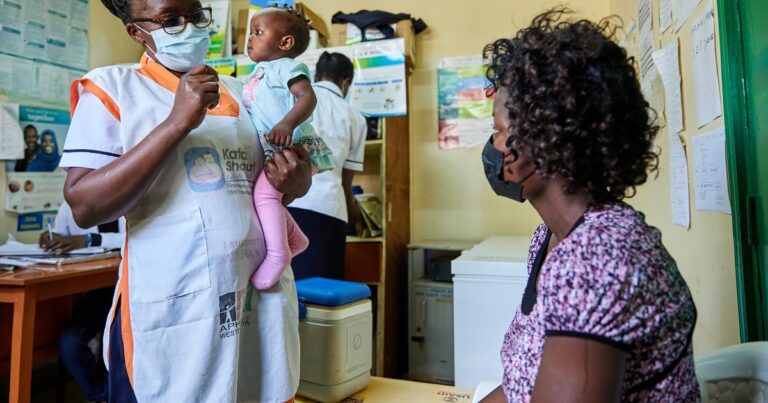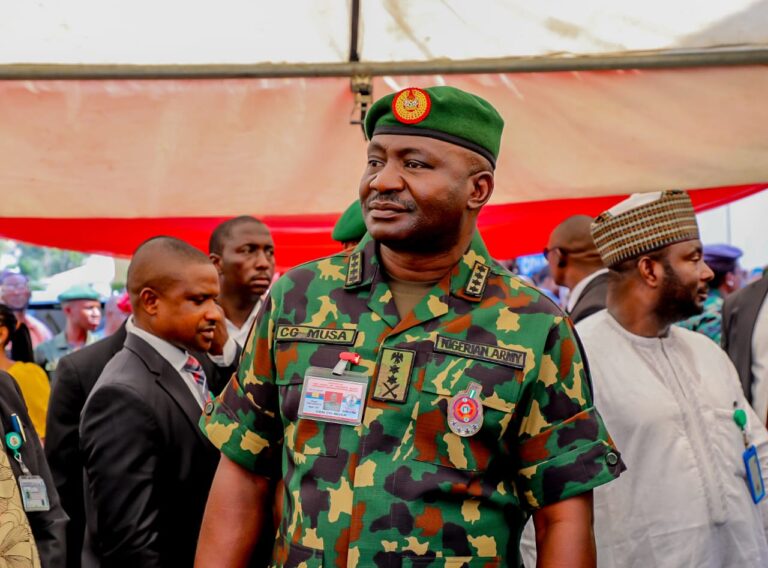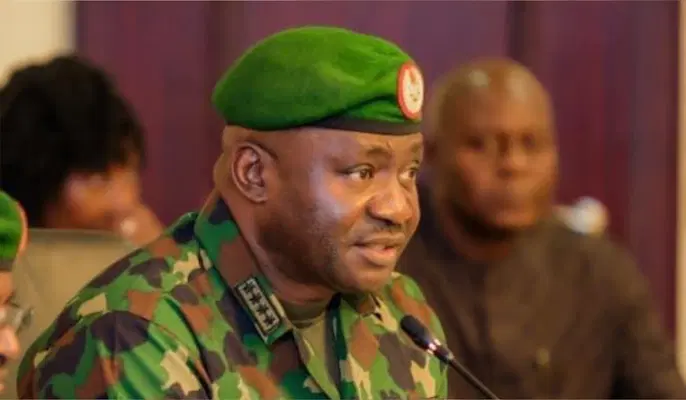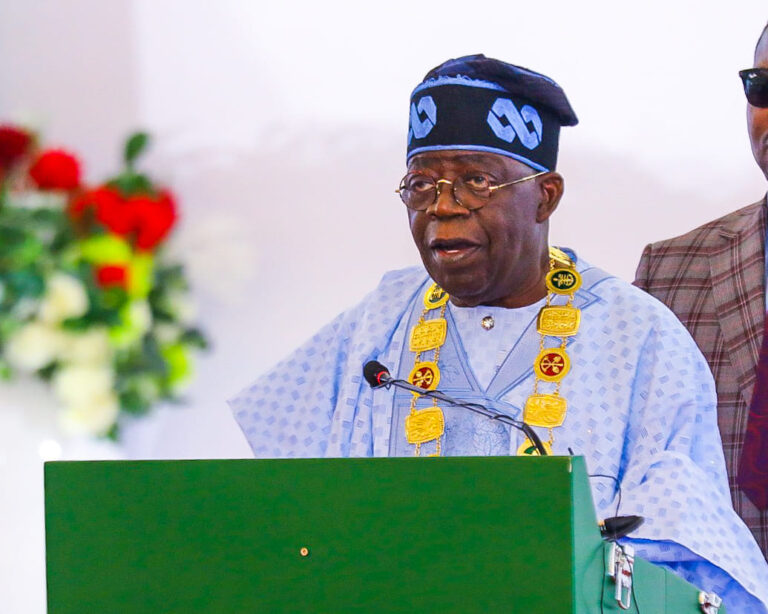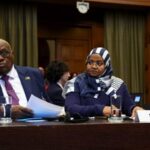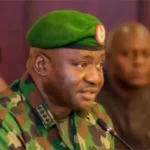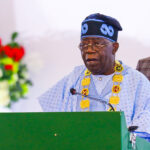
Togo Faces Uncertainty as Government Formation Stalls
Three months have passed since Faure Gnassingbé started his new term as president, yet Togo still has no new government. Citizens are growing anxious, and analysts continue to debate what the delay means for the country’s future.
The unusual deadlock comes after a sweeping constitutional reform. Togo scrapped presidential elections and moved to a parliamentary system. Under the new order, the president heads the Council of Ministers. Supporters call this modernization, but critics see it as a power grab that extends Gnassingbé’s rule.
Growing Pressure on Leadership
The outgoing cabinet remains in charge of daily affairs, but many say the country is drifting without a clear direction for three months. Pressure is mounting on Gnassingbé, who has led since 2005, to name his new ministers. Citizens want proof that the reform can deliver stability, not confusion.
Critics argue the delay goes beyond logistics. They call last year’s constitutional overhaul an “institutional coup.” To them, the absence of a new cabinet shows a deliberate effort to consolidate power and weaken checks and balances.
History Shapes Public Perception
Togo’s long political history adds weight to the current standoff. For nearly sixty years, the Gnassingbé family has held power. Faure Gnassingbé took over in 2005 after the death of his father, Eyadéma, who ruled for almost four decades. Many citizens now view every decision through that lens of entrenched power.
Still, not everyone sees cause for alarm. Outgoing Labor Minister Gilbert Bawara downplayed the delay, comparing it to Belgium, which once functioned for over a year under a caretaker government. His comments suggest governance can continue, even without new ministers.
What Comes Next
Despite such assurances, uncertainty hangs in the air. Citizens are eager for clarity and wait for the president to announce his new team. For many, this is about more than politics—it is about trust in Togo’s ability to adjust to its new constitutional order.
The next few weeks could be decisive. A new government may restore confidence and provide direction. Continued silence, however, may deepen frustration and fuel the belief that the reforms were never about democracy but about entrenchment.
For now, Togo stands at a crossroads for three months. Its people wait for answers, while the future rests in the hands of a leader who has already ruled for two decades.

